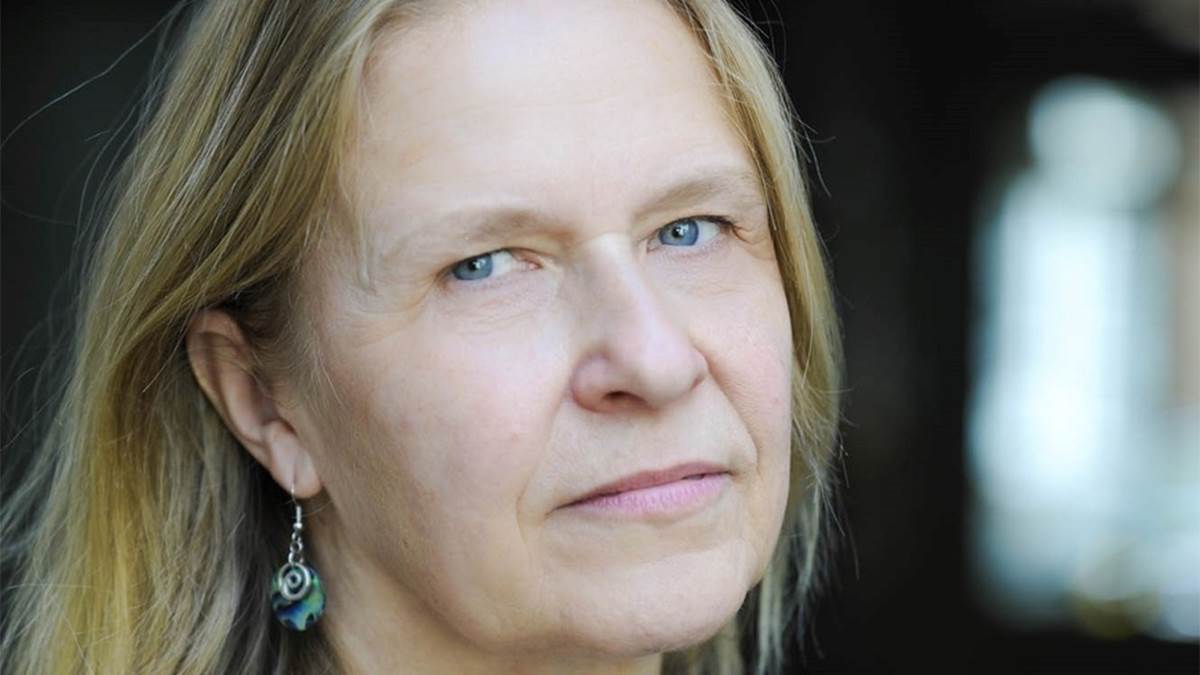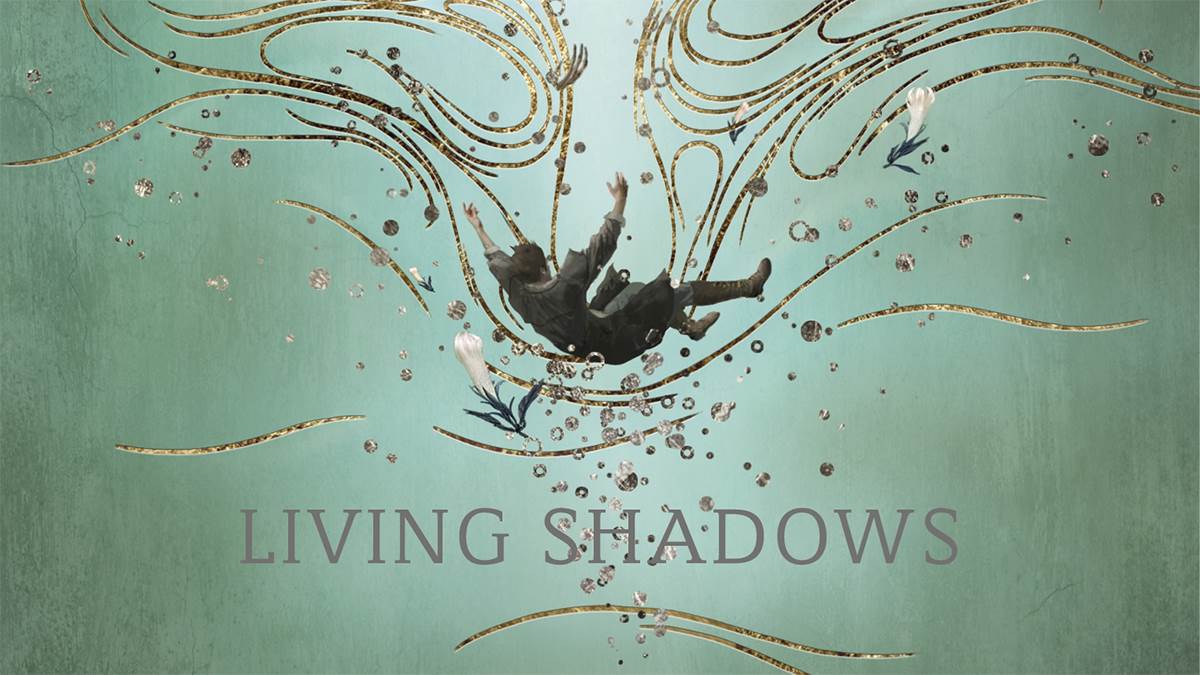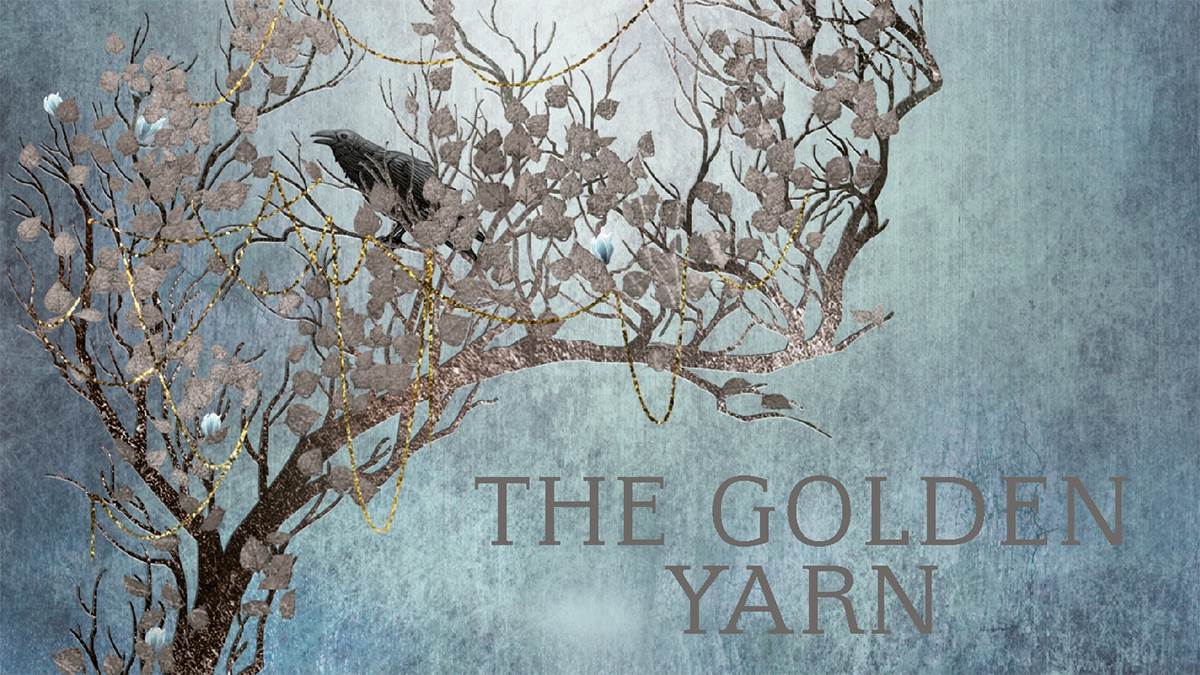Hurrah for translators: why we need to translate more children’s books
Published on: 15 Tachwedd 2016 Author: Cornelia Funke
Reckless author Cornelia Funke explains why she thinks children need books from all over the world.

I was raised on translated books. As a German child you consider books from other countries and in translation to be the most normal thing in the world.
C.S. Lewis, Astrid Lindgren, Mark Twain... did I ever wonder whether they sounded different in the language they had first been written in? I don't think so. Astrid made Sweden feel like home, Mark Twain made the Mississippi familiar waters and of course I wanted to find that wardrobe and will feel forever at home in England because of the adventures I had crawling into it!
Books tell us about the world. They whispered about it on the shelves of the library I went to as a child, telling me about wide and foreign horizons. They promised me that there is so much more to this world than the small German town I was raised in and widened my head and heart by making me travel in the imagination of writers from countries I had never seen!

I fully realized how magical a present they had given me when I finally left the small German town and began to travel. What a feeling to arrive in England, Sweden, Italy, even India and New Zealand and to realise: the books had prepared me well! They had made me a world citizen, long before I became a storyteller whose stories were at home in many countries of this world. Oh the excitement to suddenly see what all those writers had made me see; to smell and touch what they had summoned so masterly!
So yes. We do need translated books. Nothing opens the world more easily than that slightly foreign voice rising from the pages of a (well) translated book. Translated literature makes us feel at home in faraway places and turns faraway people into our friends and family, although we may not speak their language. They surround us with companions from all over the world, make us wear different clothes and give ourselves names unfamiliar to our ears and tongues.
There was rarely a time that made it a more urgent task to become familiar with the faraway. To realize how similar we are despite all our differences, which is only possible if we understand what those differences are about. It is so much easier to understand and a writer's voice can make us fall in love so easily.
Of course we can hear about India from Kipling. But the perspective of a writer who was born and raised in India and wrote in a tongue formed by its landscapes and history will give us the clothes and body of a native, new eyes and ears shaped by beliefs and perceptions that take off the glasses our culture makes us wear when looking at the world.
To read them side by side; books written by authors from our own countries and then meeting the literary voice of authors who call foreign lands their home... what an adventure! What an inspiring challenge, a widening of horizons. Nothing can make us more aware of these glasses we wear since childhood.

Of course, the best possible way to enjoy books from all around the world would be to read them all in their original language. Of all the magical abilities we wish for, this would most certainly be very high on my list: to be able to speak and read any tongue and to feel how each language makes us understand ourselves and the world in a different way. But... like most of us I do rely on translators to allow my entrance to the magical realms of Astrid Lindgren or the Arabian Nights. It is a profession that in my opinion still doesn't get the credit it deserves.
Translators are makers of golden keys. When they fail the doors of a book stay closed. Often we do blame the writers in such a case, to sometimes realise many years later, when reading another translation, that we only had the wrong key.
I know how much I owe my translators. I am reminded each time I do readings in English, and I do that more often than in my native tongue by now. I always alert the audience to the fact that I don't read the words I wrote, but they mostly taste like mine by now - so much so that sometimes, when I read my original text in German, it feels less familiar for a moment.
I am in close contact with most of my translators and I vastly enjoy discussing names and translation alternatives even in languages I don't speak. Translation makes us very aware of an aspect print makes us forget so easily: the sound of words. I have often given permission to a translator to change a name for the sound of it, not the meaning.

Even German and English, languages so closely related, are so different. I have envied my English translators for the ease in which the English language expresses big emotions - German gets pompous and heavy so much more easily.
How much bigger though is the challenge for a translator who gets the task to make a key for my Japanese readers? At a translation panel at the glorious Jaipur Festival I learned how impossible it is to translate a Hindi text into English. I heard from African writers how challenging it can be to be raised in a colonial language and feel comfortable in it, although they know it to be the language of oppression and cultural ruin.
My books have been translated into many languages I don't speak. It is still the greatest enchantment for me to come to a country and meet the readers who have been at home in my imagination for years. To see that stories can cross borders with such ease, that children in New Zealand or India feel at home in stories I wrote in the North of Germany or the coast of California... it gives me such hope, that we will learn to perceive ourselves as mankind one day. But of course, we need the key makers. Hurrah for translators!
BookTrust's In Other Words project is promoting the translation and UK publication of outstanding children's literature from around the world by sponsoring sample translations from 10 children's books which have not previously been published in the English language. Nearly 400 books were entered in our In Other Words competition from all continents apart from Antarctica, and four books have now been selected as outstanding 'Honour Titles'.
Cornelia Funke is one of the most well loved and known contemporary authors in the UK who writes in a language other than English. Her books, which include Inkheart and Reckless, were written in German and have been translated into many languages, including English. The third Reckless book, The Golden Yarn, is out now!





